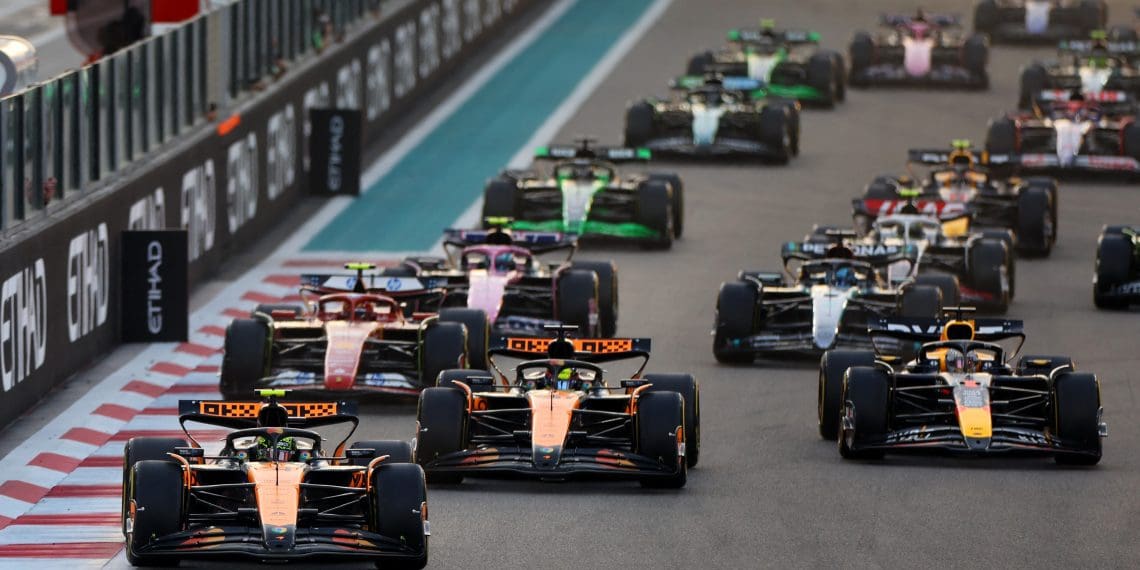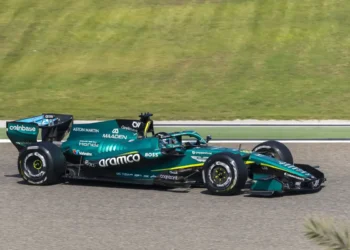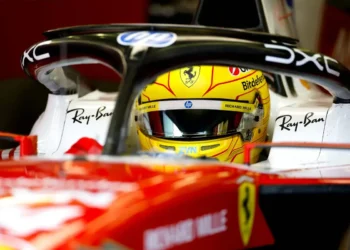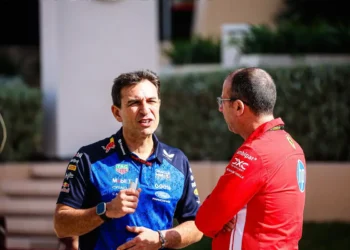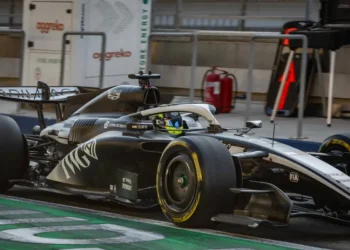In a dramatic turnaround from near financial ruin, McLaren’s rise to clinching its first Constructors’ Championship in 26 years is the stuff of Formula 1 legend. But behind the champagne celebrations in Abu Dhabi this year lies a forgotten battle for survival that almost consigned one of F1’s most iconic teams to the history books.
2020: McLaren’s Brush with Collapse
The COVID-19 pandemic sent shockwaves across industries, and McLaren wasn’t spared. What seemed like a robust F1 operation was, in reality, teetering on the edge of a financial abyss. By late 2020, McLaren’s parent company, the McLaren Group, was in dire straits. Talks of potential insolvency loomed, with its racing division facing an uncertain future.
McLaren Racing CEO Zak Brown revealed just how precarious the situation was. “We were paying all our bills, but we were months away—if we didn’t secure new investment, we’d be at risk starting 2021,” Brown admitted. He likened the scenario to being in the “ninth inning” of a baseball game, relying on a last-minute save to avoid catastrophe.
The team had to act fast. The solution came in the form of fresh investment: a £185 million buy-in from MSP Sports Capital. This pivotal deal gave the US investment firm a minority stake in McLaren Racing, ensuring its financial survival and laying the groundwork for its eventual resurgence.
From Survival to Championship Glory
Fast forward four years, and McLaren has risen from the ashes to stand atop Formula 1. The 2024 Constructors’ Championship marked a triumphant end to a season that began with doubts and questions. Brown credits the MSP deal as the cornerstone of McLaren’s recovery: “Without MSP’s investment, we might not be sitting here. Now, we’re fighting Ferrari and Mercedes, and we’re back in the big leagues.”
The turnaround wasn’t just financial—it was structural. Under Brown’s leadership, McLaren rebuilt its technical foundation. Key moves included constructing a state-of-the-art wind tunnel, bringing in new talent like Andrea Stella, and doubling down on its driver lineup. These efforts culminated in a season that saw McLaren go toe-to-toe with F1’s dominant forces.
The Hidden Crisis
Brown’s reflections reveal the extent to which McLaren kept its struggles under wraps. Despite media reports highlighting the McLaren Group’s troubles, the team worked hard to shield its workforce from the full weight of its financial woes.
“That was very difficult,” Brown admitted. “The race team was performing, but we knew about the financial challenges at a group level. We didn’t want that burden to distract the team or derail their focus.”
Even as McLaren battled for survival behind the scenes, its on-track performance remained solid, creating a false sense of security. Brown describes this duality as “highly stressful,” adding, “What doesn’t kill you makes you stronger.”
A New Era for McLaren
The financial lifeline from MSP wasn’t the only factor in McLaren’s resurgence. The team also secured additional funding by selling its iconic Woking headquarters and leasing it back, a move that raised critical cash without compromising operations. Partnerships with Mumtalakat, Bahrain’s sovereign wealth fund, and a $150 million loan from Bahrain’s national bank also helped stabilize the group.
With financial stability restored, McLaren set its sights on long-term growth. Brown spearheaded a strategic expansion, including ventures into IndyCar and Extreme E, further diversifying McLaren Racing’s portfolio.
The Road Ahead
Today, McLaren stands as a rejuvenated force in F1, its struggles a distant but defining memory. “We’re back to being one of the big four,” declared Brown. “The McLaren I grew up with was the big one. Now, we have the resources to match anyone.”
But the journey isn’t over. Brown acknowledges that McLaren still has “catching up to do” in certain areas, but the team’s trajectory suggests it’s well-equipped to dominate F1’s new era.
A Forgotten Fight That Shaped the Future
McLaren’s resurgence is a testament to resilience, smart leadership, and the power of timely intervention. Had the financial crisis of 2020 taken a different turn, the team’s fate—and the competitive balance of F1—could have been vastly different.
As McLaren celebrates its return to glory, its near-collapse serves as a stark reminder of how fragile success can be, even for an iconic giant. For fans, the 2024 Constructors’ title isn’t just a victory—it’s a vindication of a team that refused to let its legacy fade.

